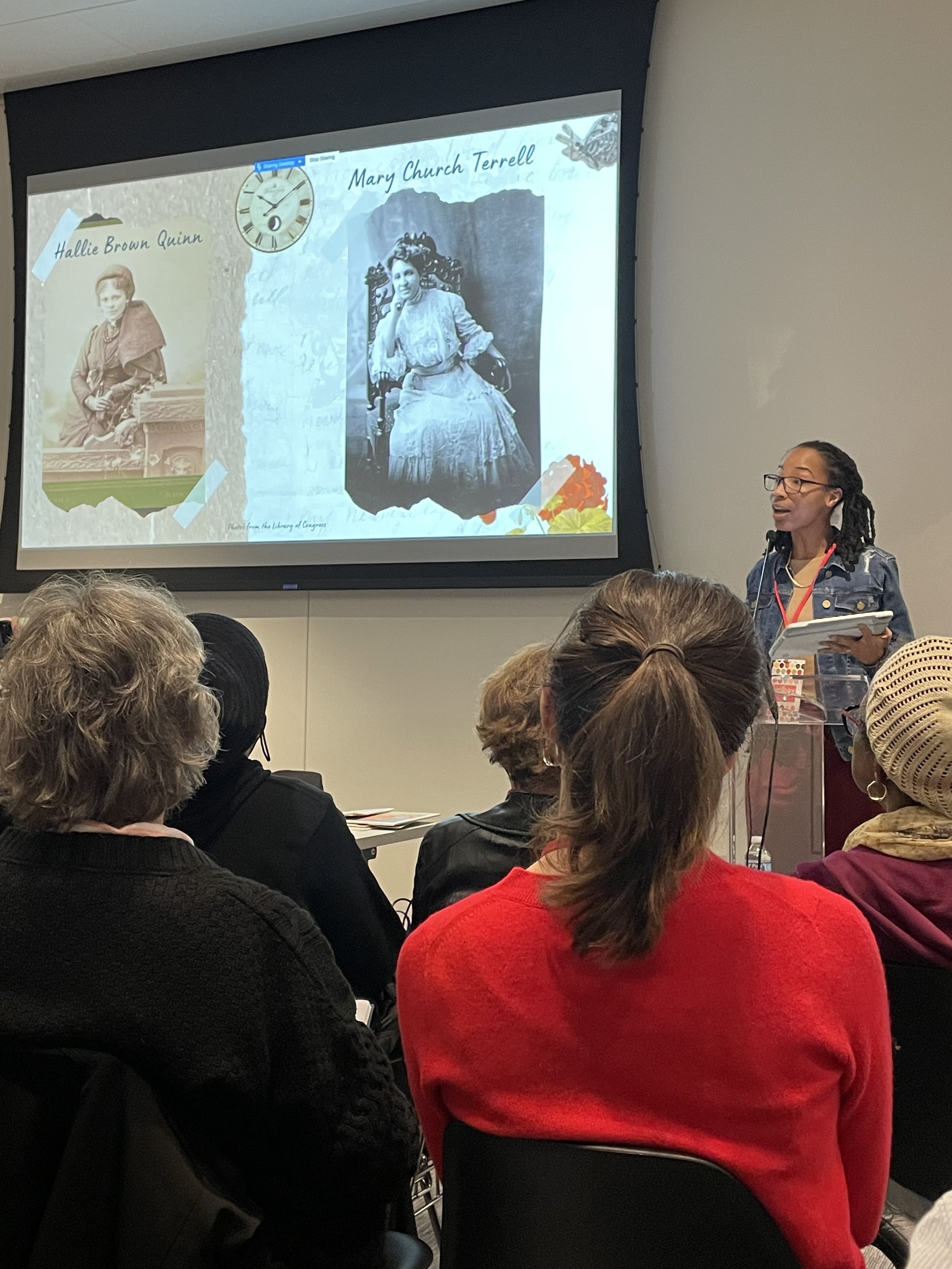Teaching
Through a curriculum that promotes social engagement, problem-solving, and critical civil engagement, I create a classroom environment for students to succeed in any profession they are in and learn what they believe is valuable. My teaching practices are designed to foster a caring and intellectually stimulating environment where students can collaborate with each other and those within the community, encounter new perspectives, employ new methods, and learn how to effectively express their own ideas.
Course Descriptions
-
This course introduces students to a core set of theories and practices related to the valuable art of public speaking. In this class, you will learn what goes into making good decisions about communicating effectively in public situations, how to approach audiences analytically, and how to be a more engaged member of society. The class has two basic components: theory and application. The theory component explores how and why public speaking is a vital part of social life and the choices that will best prepare you for those moments when you are called upon to speak. The application component provides opportunities to perform public speaking by building your speeches and then delivering them to an audience. Success in this class requires that you give sufficient attention to both components.
-
COMM107 explores the foundations of oral communication. In this course, we will focus on preparing for and delivering a variety of presentations, including informative, special occasion, persuasive, and group. Specifically, we will discuss topics that aid in effective presentational speaking such as audience analysis, ethics, topic selection, finding and using supporting evidence, listening, and delivery.
-
COMM 360: Rhetoric of Black America includes an historical survey of the rhetoric of Black Americans from the colonial period to the present. The course features the study of public discourse by Black Americans in historical context that informs discussions about present issues of racism, political activism, and racial justice. The course content and assignments are designed to guide students on using their communication skills (speaking, writing, digitality) to advance anti-racist solutions. In the process of implementing these goals, the course readings and assignments will provide students with opportunities to hold public dialogues about race, study models of civil rights activism, create materials to advance the public humanities and civic education in support of racial justice, and strengthen students’ digital and social media skills to advance anti-racism activism.

